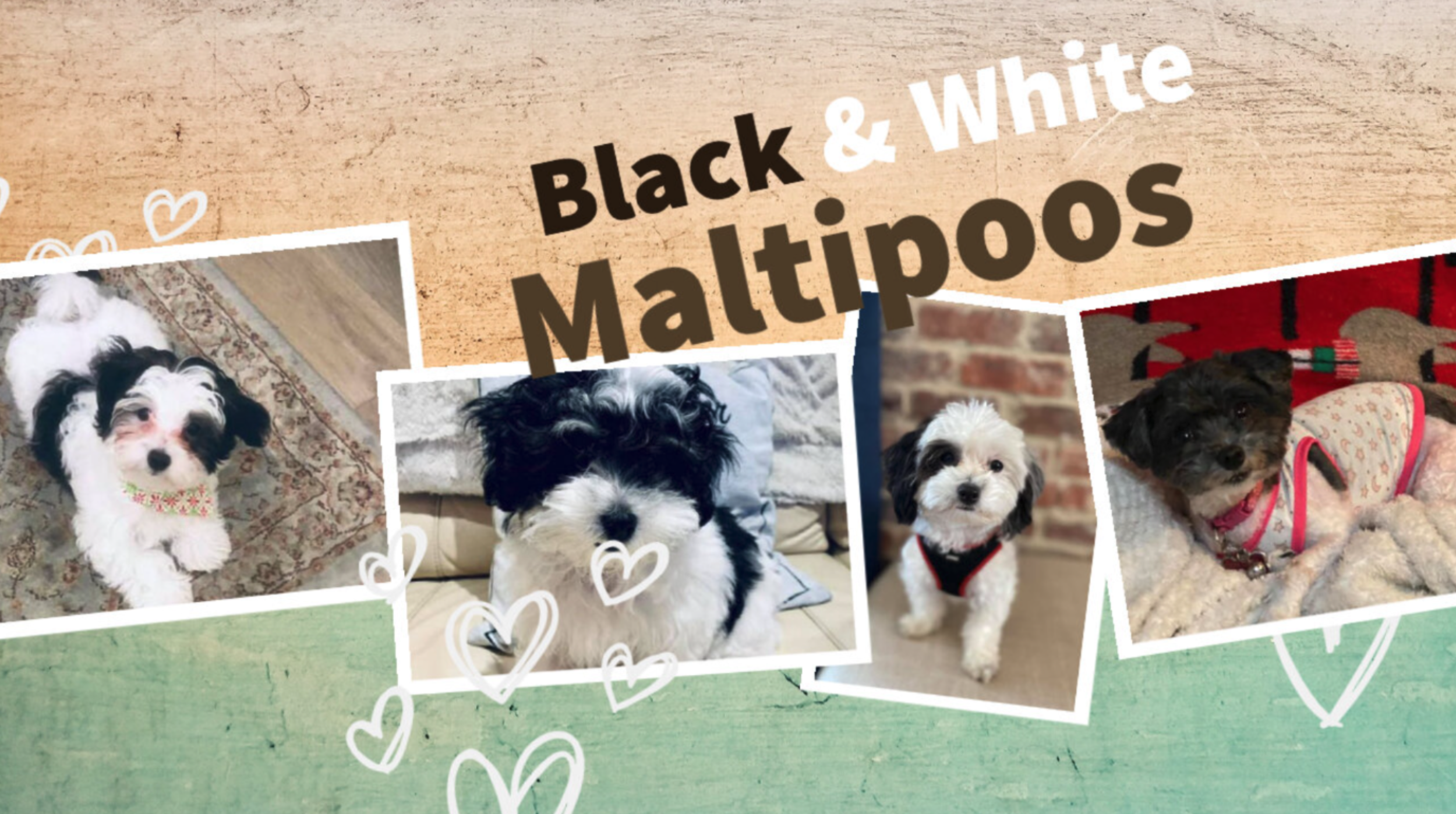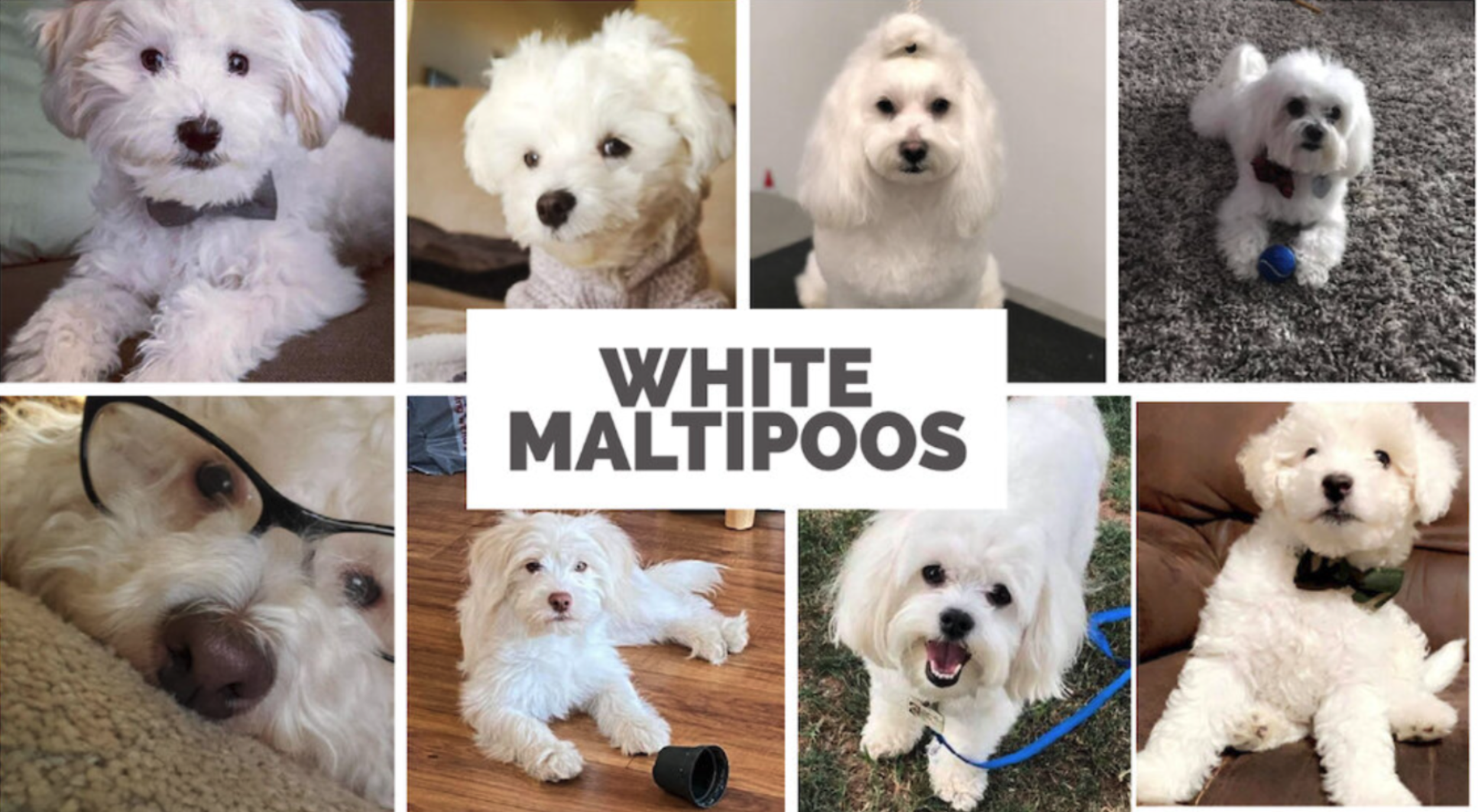The Cockapoos Behavior and Characteristics
The Cockapoo, a delightful mix between a Cocker Spaniel and a Poodle, has seen a surge in popularity for its attractive combination of attributes such as moderate size, appealing aesthetics, and an engaging temperament. This energetic and interactive breed presents a remarkable fusion of two highly-regarded parent breeds, earning the affection of dog enthusiasts worldwide. They are particularly cherished by those in search of a pet that is hypoallergenic and filled with vitality.
The allure of the Cockapoo is undeniably captivating, but it is equally crucial to recognize that this breed is more than just its attractive exterior. Underneath their fuzzy coat, Cockapoos possess unique personality traits, health patterns, and behavioral propensities that are sculpted by a blend of genetic and environmental factors.
This article aims to examine the nuances of the Cockapoo breed by looking into various aspects that influence their behavior and health. Our main focus will be on their temperament, genetic influences, and environmental elements that contribute to their overall demeanor and well-being. As a Cockapoo owner or admirer, gaining insight into these aspects will give you a thorough understanding of the breed, enabling a harmonious companionship.
Unpacking Canine Temperament
Temperament in canines is defined by the amalgamation of mental, emotional, and behavioral characteristics that make up their inherent nature. This is what dictates their consistent behavior patterns and responses to certain stimuli or situations. This can range from being naturally sociable and outgoing to more reserved or cautious. Ultimately, it's the temperament that majorly determines how a dog interacts with its surroundings, other animals, and people.
Understanding a dog's temperament is a complex interplay of genetics, breed characteristics, and environment, which are all significant contributors in shaping a Cockapoo's disposition.
Genetics: The genetic composition of a dog, which they inherit from their parent breeds, greatly impacts its temperament. Certain behavioral tendencies are ingrained in their DNA. For instance, some breeds might be naturally more alert or sociable based on their genetic heritage.
Breed Characteristics: Dogs from specific breeds tend to exhibit certain personality traits that have been selectively reinforced over generations of breeding. For instance, Cockapoos, being a crossbreed of Cocker Spaniels and Poodles, usually demonstrate traits like friendliness, intelligence, and a high degree of affection.
Environment: While genetics and breed characteristics establish the framework, the dog's environment and experiences significantly influence the manifestation of its temperament. Factors like early socialization, training, the human family, and the overall living conditions can either enhance or mitigate the behavioral tendencies that a dog is genetically predisposed to exhibit.
Genetic and Breed Influences on Cockapoo Behavior
To fully grasp the typical behavior of Cockapoos, it's crucial to first understand the temperamental tendencies of their parent breeds, namely the Cocker Spaniel and the Poodle.
Cocker Spaniels are well-known for their gentle and affectionate nature. These dogs are particularly renowned for forming strong bonds with their human family and displaying a great deal of loyalty. Despite their small size, they are spirited and often show more courage than you might anticipate. Cocker Spaniels are also highly intelligent, which facilitates training.
Conversely, Poodles, irrespective of whether they are standard, miniature, or toy, are recognized for their top-tier intelligence and impressive learning capabilities. They have a unique elegance and pride that they exhibit in their demeanor. Poodles are typically active and love engaging in various physical activities. Furthermore, they are known for their friendly disposition and adaptability, allowing them to comfortably fit into different household environments.
Being a crossbreed of these two distinct breeds, Cockapoos naturally inherit a combination of these behavioral traits. They often display the intelligence and adaptability of the Poodles, combined with the affectionate nature and loyalty of the Cocker Spaniels. Therefore, Cockapoos are typically friendly, intelligent, and companionable, making them excellent family pets.
However, it's essential to remember that while these traits are common, individual variations can occur due to the diverse combinations of traits they can inherit from their parent breeds. This diversity contributes to the unique charm of every Cockapoo.
Do Cockapoos Have Behavior Problems?
Yes, Cockapoos can potentially have behavior problems. A key concern is a condition called "rage syndrome," which can cause sudden and unprovoked aggressive behaviors. If you suspect your Cockapoo may have this condition, consult with your veterinarian promptly for guidance.
Impact of Environment on Cockapoo Behavior
The environment in which a Cockapoo is raised plays a pivotal role in shaping its behavior, comparable in significance to its genetic and breed influences. Dogs, much like humans, are products of both nature and nurture. This section will delve into the effect of upbringing, quality of care, socialization, and overall living conditions on a Cockapoo's behavior.
Quality of Care: Quality of care includes factors such as proper nutrition, routine veterinary check-ups, and adequate physical exercise. A well-cared-for Cockapoo is generally healthier, happier, and better behaved. Good health and adequate exercise often help prevent behavioral problems that can arise due to pent-up energy or underlying health issues.
Socialization: Early and consistent socialization is key in shaping a Cockapoo's temperament. Regular exposure to a variety of people, animals, sounds, and environments helps them become more adaptable and less anxious in new situations. Cockapoos that are well-socialized from an early age are generally more confident and display less aggression and fear.
Living Conditions: The overall living conditions, such as the amount of space available for the dog, the presence of other pets, the noise levels, and even the general mood of the household, can affect a Cockapoo's behavior. For example, a cramped or overly chaotic environment may induce stress, leading to undesirable behaviors.
While the Cockapoo breed is generally known for its friendly and adaptable temperament, negative experiences such as neglect, abuse, or high-stress environments can have severe behavioral repercussions. Dogs subjected to these conditions often display symptoms of trauma, such as fearfulness, aggression, or anxiety. They may also develop problematic behaviors, including excessive barking, destructive chewing, or even biting.
Such behavioral issues can be challenging to manage and may require the assistance of a professional dog behaviorist or trainer. Therefore, providing a positive, nurturing environment is vital for the mental and emotional well-being of a Cockapoo, as it significantly influences their overall temperament and behavior.
Typical Cockapoo Temperament Traits
Cockapoos, known for their affectionate and lively personalities, are loved for a delightful blend of traits inherited from their parent breeds, the Cocker Spaniel and the Poodle. Let's delve into the typical temperamental characteristics that these popular hybrid dogs typically exhibit.
Positive Traits
Friendly and Sociable: Cockapoos are known for their friendly disposition, often getting along well with other animals and humans. They're excellent companions and fit well in families, including those with other pets.
Intelligent: Thanks to their Poodle ancestry, Cockapoos are generally quick learners. This trait makes them relatively easy to train, provided the training is consistent and positive.
Energetic and Playful: Cockapoos are spirited dogs that love playtime and activities, making them an active addition to any household. Their playful nature often brings joy and liveliness to their human families. Cockapoos typically start to slow down around the 2-year mark.
Affectionate: Cockapoos typically form a strong bond with one family member. They are loving dogs known to exhibit loyalty and an eager-to-please attitude, which adds to their charm.
Adaptable: These dogs usually adjust well to various environments, whether it's a bustling city apartment or a quiet country home. Their adaptable nature makes them suitable for various lifestyles.
Potential Challenges
Despite the positive traits, Cockapoos may also have some less desirable characteristics that potential owners should be aware of:
Separation Anxiety: Given their strong attachment to their families, Cockapoos may suffer from separation anxiety when left alone for extended periods. This can lead to behaviors like excessive barking, destructive chewing, or other signs of distress.
High Energy Levels: Cockapoos' energetic and playful nature necessitates regular exercise and mental stimulation. Without adequate activity, they can become bored and resort to destructive behaviors as an outlet for their pent-up energy.
Stubborn Streak: While generally eager to please, Cockapoos can occasionally exhibit stubbornness, especially if training has not been consistent from a young age. Consistent, positive reinforcement methods are recommended for training this breed.
Noise Sensitivity: Similar to many dog breeds, some Cockapoos may be particularly sensitive to loud noises. This can lead to anxiety, particularly in response to thunderstorms or fireworks.
Grooming Needs: Cockapoos have curly or wavy coats that require regular grooming to keep them in good condition. Regular brushing and occasional professional grooming are required to prevent matting and keep their coat healthy.
Understanding these traits can help potential owners prepare for a Cockapoo's needs and challenges, fostering a harmonious relationship with their pet.
Promoting Positive Behavior in Your Cockapoo
Encouraging desirable behavior in Cockapoos begins with understanding their temperament and learning to work with it, rather than against it. Cockapoos are intelligent, eager to please, and responsive, making them well-suited for training. Here are some tips to promote positive behavior in your Cockapoo:
Positive Reinforcement: Cockapoos respond exceptionally well to positive reinforcement training methods. This means rewarding your dog for good behavior, which can be anything from treats to praise or playtime. This makes learning a fun and rewarding experience for your pet.
Consistency is Key: It's essential to be consistent with the rules you set and the commands you use. If you're inconsistent, your Cockapoo may get confused and find it hard to understand what's expected of them.
Socialization: Start socializing your Cockapoo from a young age. This includes exposure to different environments, people, and other animals. Early socialization helps foster a well-adjusted, confident, and friendly Cockapoo.
Addressing Undesirable Traits: Understand that traits like separation anxiety or high energy levels are part of your Cockapoo's nature. Instead of punishing them, try to address the root cause. For instance, ensure your Cockapoo gets plenty of exercise to manage their energy levels, and gradually accustom them to being alone to mitigate separation anxiety.
Patience and Persistence: Training takes time, and progress may not always be linear. It's crucial to be patient, persistent, and celebrate small victories. Remember, your Cockapoo is trying their best to understand and please you.
Final Reflections
Understanding a Cockapoo's unique temperament and behavior is crucial for potential owners. These dogs, with their intelligence, energy, and affectionate nature, can make joyful additions to the right household.
Training a Cockapoo, or any dog for that matter, requires patience and consistency. Positive reinforcement is the key to cultivating a trusting relationship and encouraging good behavior.
But it's essential to remember that owning a Cockapoo is not merely about managing their behavior or meeting their physical needs. Cockapoos are sensitive creatures with emotional needs as well. They thrive in a loving, engaging environment where they are treated as part of the family.
In the end, while the Cockapoo may present certain challenges, the love, companionship, and joy they bring into a home are often considered well worth the effort. Being a responsible Cockapoo owner means being committed to meeting their physical, mental, and emotional needs, and in return, you gain a loyal, loving, and endlessly entertaining companion.









